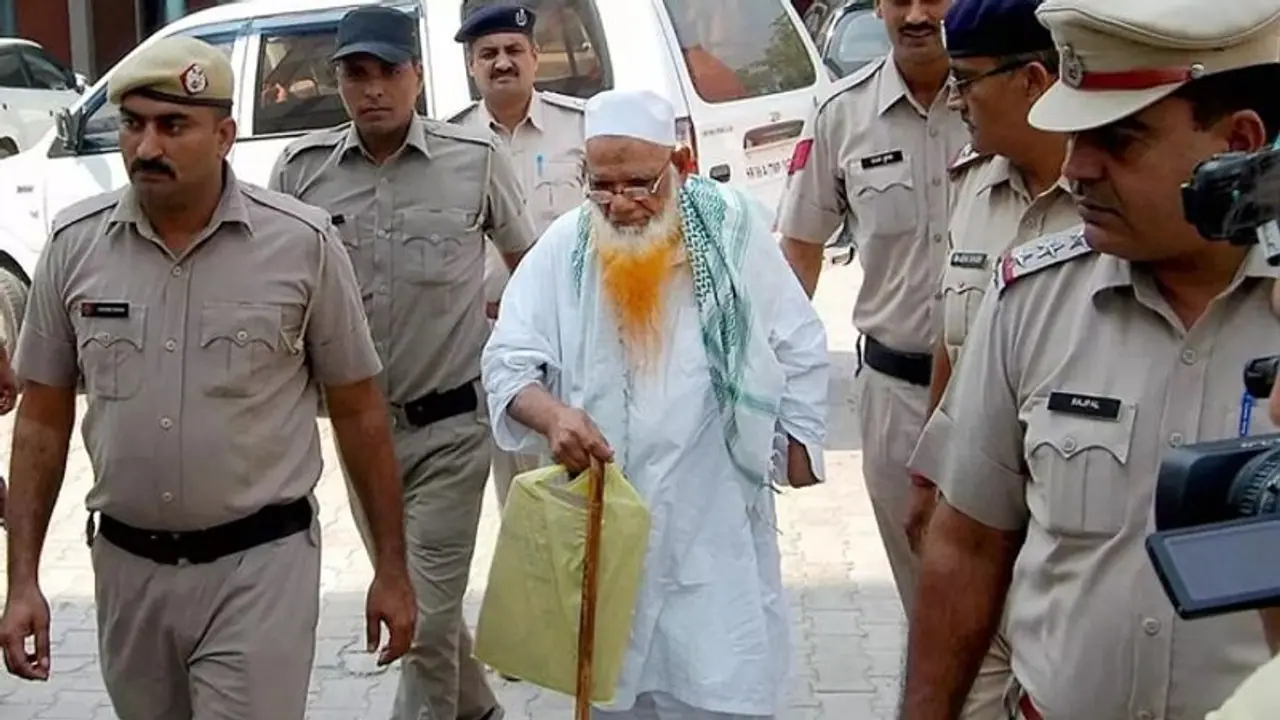Abdul Karim Tunda, a key accused in the 1993 serial bomb blast case, was acquitted by the special Terrorist and Disruptive Activities (TADA) court on Thursday due to a lack of evidence. Tunda's name had been associated with various terrorist organizations, including Lashkar-e-Taiba (LeT), Jaish-e-Mohammed (JeM), and the Harkat-ul-Jihad al-Islami (HUJI)
Abdul Karim Tunda, a key accused in the 1993 serial bomb blast case, was acquitted by the special Terrorist and Disruptive Activities (TADA) court on Thursday due to a lack of evidence. This acquittal marked another instance where Tunda emerged victorious due to insufficient proof against him. Notably, in March 2016, a Delhi court had similarly ruled in his favour, contending that law enforcement couldn't establish his role as a bomb-maker for Lashkar-e-Taiba (LeT) due to absence of compelling evidence. Additionally, Tunda had also been acquitted previously in cases linked to the Sadar Bazaar and Kotla bomb blasts.

Who is Abdul Karim TundaAbdul Karim Tunda?
Tunda's name had been entwined with various terrorist organizations, including LeT, Jaish-e-Mohammed (JeM), and the Harkat-ul-Jihad al-Islami (HUJI), among others. The charges against him stemmed from his alleged involvement in orchestrating the devastating 1993 bomb blasts that reverberated across several locations in Mumbai. These blasts, considered one of India's most heinous terror attacks, claimed numerous innocent lives and inflicted widespread devastation on prominent landmarks such as the Bombay Stock Exchange and various commercial and residential areas.
Despite being associated with extremist groups and facing allegations of masterminding terrorist activities, Tunda managed to evade law enforcement for a prolonged period, frequently operating covertly and traversing international borders to avoid capture. However, his elusive run came to an end when Indian authorities apprehended him near the Indo-Nepal border in August 2013.
Following his arrest, Tunda confronted a barrage of charges encompassing conspiracy, murder, and waging war against the state. Notably, in October 2017, a Sonepat court delivered a guilty verdict against him in connection with the 1996 Sonepat blasts case, resulting in a life imprisonment sentence. The court found him culpable under various sections of the Indian Penal Code and the Explosive Substances Act.
Originating from Uttar Pradesh, Tunda faced accusations of imparting bomb-making expertise to jihadists operating in Bangladesh and Pakistan. Moreover, there were reports suggesting his involvement in schemes aimed at training Rohingyas from Myanmar to target Buddhists in the region
